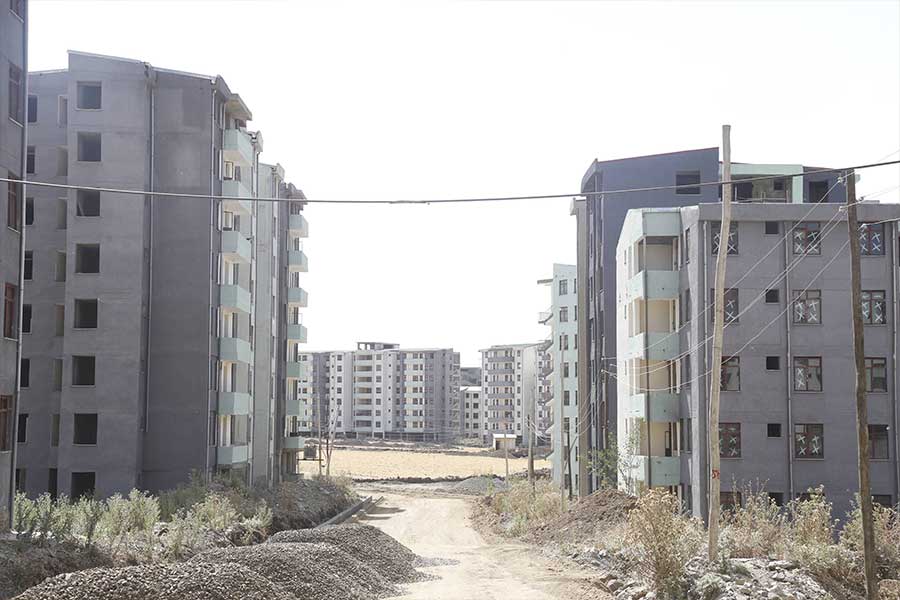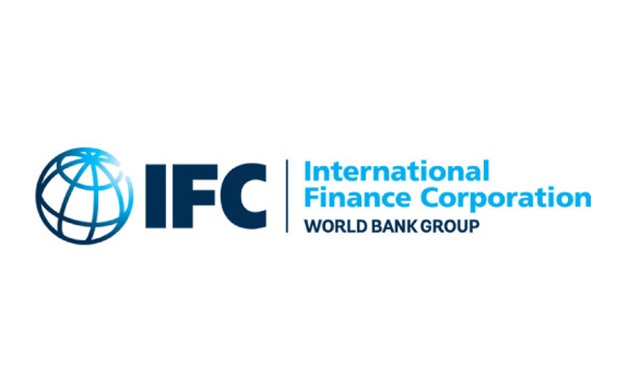
Viewpoints | Mar 05,2022
Aug 14 , 2021
By Eden Sahle
Last Tuesday, I was asked by a friend to support a private international company in an interview process. They wanted to hire a general manager shortlisted after passing oral and written examinations. The company, which started operations in Ethiopia not long ago, was impressed with the bright young man who exceeded everyone's expectations.
The young man was well experienced, energetic, confident, polite, and full of new ideas. The company stated their confidence in his capabilities and their willingness to hire him. Surprisingly, they offered a 3,000 Birr monthly salary. Obviously, the job applicant was staggered and declined the figure, thanked everyone, and quickly left the room in disbelief and visible anger. He did not even make a counter-offer.
I did not blame him. His stable emotional state and politeness, even when his face showed disappointment was commendable. The company owners turned to me, looking confused about what had just happened and said they had offered the job applicant a good salary for an experienced leader.
“We came to invest in Ethiopia because of the low-cost labour promotion your country has done,” they explained. They boldly continued, “do not get this wrong, but in our country, employees who have his experience and skill cost a fortune but not in Ethiopia.”
Then the owners asked me if I knew what might have driven the man to leave an ongoing interview. All one needed to do was read his curriculum vitae. His monthly gross earning history records his minimum salary for a leadership position was 40,000 Br while his highest was 65,000 Br.
But the owners were quick to judge his CV. They were convinced he was lying about the figures. They were not bothered to confirm their doubts from his previous employers, whose contact address was stated in his application. When they were contacted, they verified the accuracy of his remuneration.
This sort of underpayment of employees is not new. It happens to all of us, although the extent might differ. Understandably, the nation is in a challenging position. With a fifth of the adult population unemployed, two-thirds of which comprises women, getting people something to do might seem like an immediate solution. But this undervalues Ethiopia’s human capital. Constant advertising of low-cost labour to foreign investors leaves employees underpaid and overworked. Workers in the manufacturing and agriculture sectors are the hardest hit.
Most people work hard for an income that hardly allows them to get by until the end of each month. It is a tragic fact that many people work for half a century without saving because they are not paid living wages. And while living costs continue to escalate, the unchanging wages enabling people to support themselves and their families. Under such conditions, people opt out of the formal labour market and may even choose to support themselves through illegal activity. This decline in workers harms innovation in the workforce because not every eligible worker contributes to the workforce.
The right to an adequate standard of living is a fundamental human right. It should be the priority of the country to make it possible for people able to access it. The lack of legal minimum wages for the private sector mandated by the government is leaving employees subject to abuse and unfair pay. Ensuring fair wages is complex and demands continuous study and update as the cost of living rises. This requires systemic policy change to benefit people.
Collaboration between workers’ unions, employers and policymakers will play vital roles in creating an enabling environment to raise living standards through living wages and incomes and paying professionals a deserving amount that recognises their education level and experience. People have a right to ask for salaries that allow them to thrive, not just survive.
PUBLISHED ON
Aug 14,2021 [ VOL
22 , NO
1111]

Viewpoints | Mar 05,2022

Radar | Nov 07,2020

Sunday with Eden | Jul 08,2023

Fortune News | Dec 05,2018

Commentaries | Nov 14,2020

Radar | Oct 26,2019

Fortune News | Apr 13,2019

Agenda |

Fortune News | Mar 16,2019

Fortune News | Sep 28,2019

Photo Gallery | 180953 Views | May 06,2019

Photo Gallery | 171145 Views | Apr 26,2019

Photo Gallery | 162287 Views | Oct 06,2021

My Opinion | 137339 Views | Aug 14,2021

Dec 22 , 2024 . By TIZITA SHEWAFERAW
Charged with transforming colossal state-owned enterprises into modern and competitiv...

Aug 18 , 2024 . By AKSAH ITALO
Although predictable Yonas Zerihun's job in the ride-hailing service is not immune to...

Jul 28 , 2024 . By TIZITA SHEWAFERAW
Unhabitual, perhaps too many, Samuel Gebreyohannes, 38, used to occasionally enjoy a couple of beers at breakfast. However, he recently swit...

Jul 13 , 2024 . By AKSAH ITALO
Investors who rely on tractors, trucks, and field vehicles for commuting, transporting commodities, and f...

Nov 1 , 2025
The National Bank of Ethiopia (NBE) issued a statement two weeks ago that appeared to...

Oct 25 , 2025
The regulatory machinery is on overdrive. In only two years, no fewer than 35 new pro...

Oct 18 , 2025
The political establishment, notably the ruling party and its top brass, has become p...

Oct 11 , 2025
Ladislas Farago, a roving Associated Press (AP) correspondent, arrived in Ethiopia in...

Nov 2 , 2025
The National Bank of Ethiopia (NBE) has scrapped the credit-growth ceiling that had s...

Nov 2 , 2025 . By SURAFEL MULUGETA
The burgeoning data mining industry is struggling with mounting concerns following th...

Nov 2 , 2025 . By YITBAREK GETACHEW
Berhan Bank has chosen a different route in its pursuit of a new headquarters, opting for a transitional building instea...

Nov 2 , 2025 . By BEZAWIT HULUAGER
Nib International Bank S.C. has found itself at the epicentre of a severe governance...